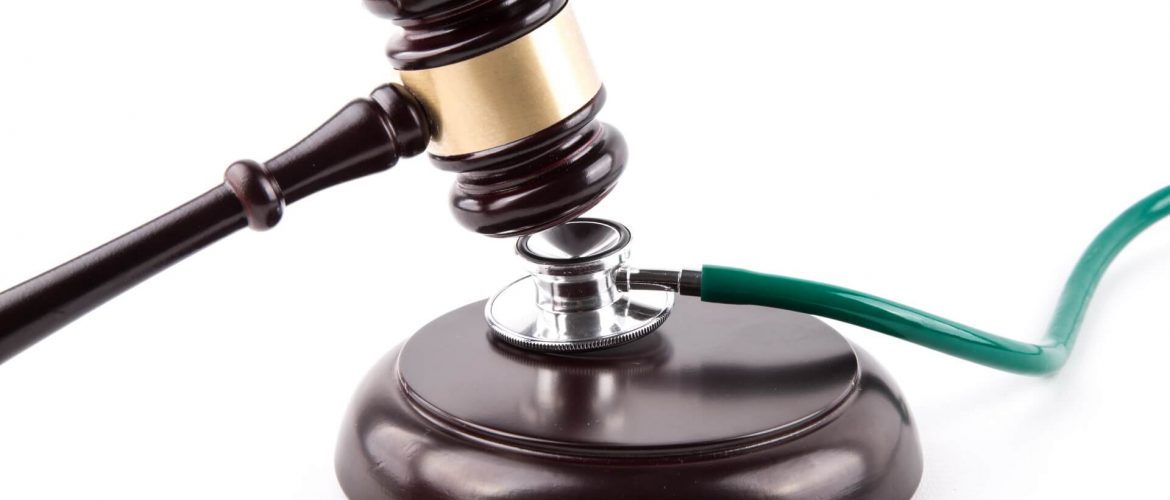U.S. Attorneys announced October 7, 2020, that at least 40 individuals from Court Districts in South Carolina and Georgia are facing federal charges for their roles in a wide-ranging telemedicine healthcare fraud scheme resulting in hundreds of millions of dollars in fraudulent billings. The charges mark the third in a nationwide series of telemedicine fraud prosecutions (Operation Brace Yourself, Double Helix, and Operation Rubber Stamp), all of which began through investigative efforts out of the District of South Carolina.
“Telemedicine has become a valuable tool for delivering health services in this time of pandemic. However, bad actors are abusing these tools to commit healthcare fraud,” said the Special Agent in Charge of the Atlanta Region for the U.S. Office of Inspector General (OIG).
The Districts obtained convictions of the owners of international telemarketing firms; owners of genetic testing centers; owners of pharmacies; owners of medical supply businesses; CEOs of marketing companies; compliance officers; doctors; and nurses. Cases have been brought in over 20 districts across the country, resulting in over 175 individuals being charged and/or convicted, with over a billion dollars in restitution.
Additionally, the Centers for Medicare & Medicaid Services’ (CMS) Center for Program Integrity separately took the largest number of adverse administrative actions in history. These resulted from a single healthcare fraud investigative initiative in which the Medicare billing privileges of over 250 additional medical professionals were revoked for their involvement in telemedicine schemes.
Individuals and companies that collect patient data and sell it to one or more durable medical equipment (DME) suppliers, pharmacies, or labs were the targets of this investigation. Doctors and nurse practitioners were allegedly paid to order unnecessary durable medical equipment, genetic and other diagnostic testing, and pain medications in exchange for illegal kickbacks and bribes from durable medical equipment companies, labs, and pharmacies who would then submit false claims to Medicare and other government insurers.
Compliance Perspective
Failure by nursing homes to ensure that telemedicine providers are not abusing this tool by offering and paying bribes and kickbacks to those who then submit false claims to Medicare, Medicaid, and other federal health programs may result in the facility and those other healthcare providers being excluded as participants from the programs by the OIG and CMS.
Discussion Points:
- Review policies and procedures regarding the use of telemedicine within the facility and preventing fraud, waste, and abuse.
- Train staff about fraud, waste, and abuse and the prohibition regarding acceptance of illegal kickbacks and bribes in exchange for ordering medical equipment, performing lab tests, prescribing medications, and other activities. Staff who observe or reasonably suspect that kickbacks and bribes are being offered or accepted should report such suspicions to their supervisor or through the facility’s Hotline.
- Periodically audit to determine if telemedicine tools are being used appropriately and that facility personnel are not being offered or accepting bribes or kickbacks.
FRAUD MODULE 3 – MASTERING LEGAL IMPLICATIONS AND ANTITRUST LAWS












































































